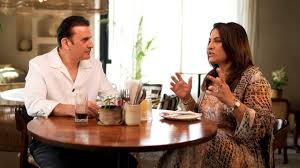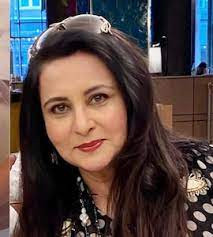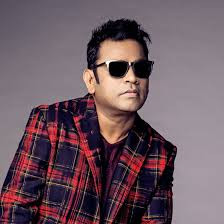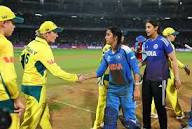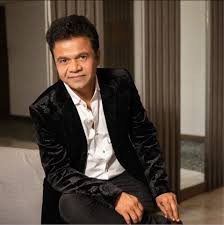Tejasswi Prakash Prioritizes Financial Intelligence Over Flashy Lifestyle: "I Don't Need to Prove My Worth"
IIE DIGITAL DESK : The recent episode of the Humans of Bombay podcast, television actress Tejasswi Prakash opened up about her approach to financial decisions, emphasizing the importance of financial intelligence over succumbing to the entertainment industry's pressures for a lavish lifestyle.(LinkedIn)
Prakash, known for her roles in popular TV shows, shared that her first significant purchase with her earnings was a house, not a car—a choice she believes many might not resonate with. "Financial intelligence is so important. Like, the first thing I bought when I started making money was a house and not a car, which many people will not be able to resonate with," she stated. She further elaborated that while it's easier to acquire a car and adopt a certain lifestyle in the industry, she never felt the need to prove her worth through material possessions. "I don't need to prove to you what my worth is," she added. (LinkedIn, The Indian Express)
Prakash's perspective highlights a growing discourse on financial literacy and the importance of making informed decisions, especially in industries where appearances often overshadow substance. Her emphasis on owning a home before indulging in luxury items reflects a commitment to long-term stability over immediate gratification.
Beyond her personal choices, Prakash has been an advocate for financial independence, particularly for women. In previous interviews, she has expressed the importance of women being financially self-reliant and not depending on others for financial advice or support. "I think a girl should be independent enough. Tomorrow, never call somebody else for financial help and if ever she decides to leave, she should not go back to a different dependent house but to her own place," she remarked. (The Times of India)
Her approach serves as an inspiration for many, emphasizing that true worth isn't determined by outward displays of wealth but by the choices one makes to ensure long-term security and independence. In an industry often characterized by opulence, Prakash's grounded perspective offers a refreshing narrative on the value of financial prudence.
As discussions around financial literacy and independence continue to gain momentum, voices like Prakash's play a crucial role in reshaping perceptions and encouraging individuals, especially women, to take charge of their financial futures.
You might also like!


